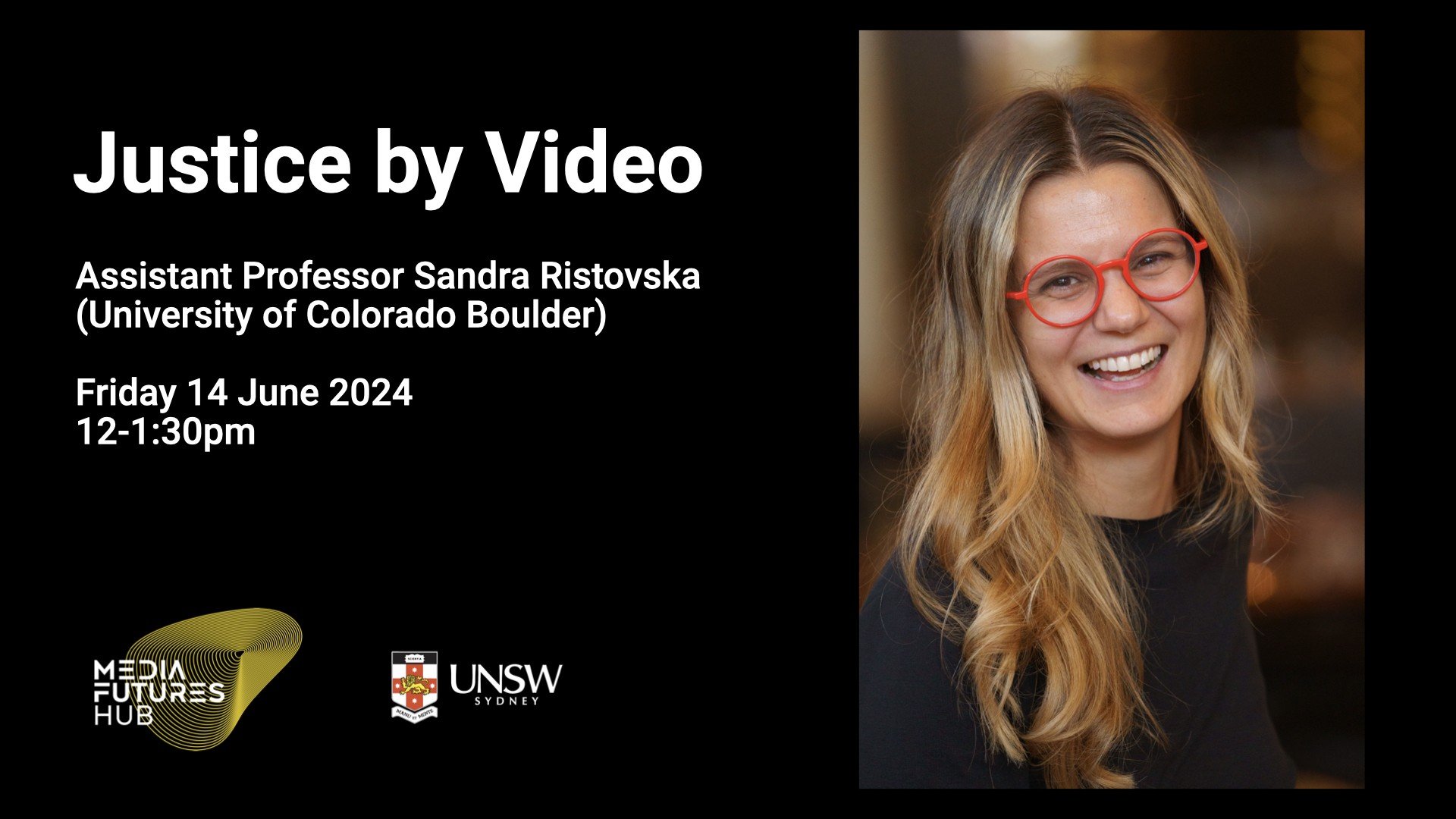What data can't hear: A one day blue sky workshop
Convenors: Tanja Dreher, Danielle Hynes, Poppy de Souza
Monday 2 December 2024,
9:00am-4:00pm (AEST)
ADA Innovation Hub, Goodsell Building Room 102/103
University of New South Wales, Kensington Campus, Sydney, Australia
Hosted by UNSW Data Justice Research Network and UNSW Media Futures Hub
Data-driven systems, platforms and algorithms are increasingly embedded in all aspects of social life and daily communication. This ‘ubiquitous datafication’ is evident across domains including social housing and the NDIS, ‘care’ institutions, and health, education and politics. In this workshop we explore the implications of the datafication of the social world for processes and practices of political voice and listening.
Datafied systems are claimed to offer increased opportunities to have a say, to be heard in decision making and service provision, and to be part of governance structures. In the context of neoliberalism, these platformed opportunities and incitements to speak proliferate, however this is a version of voice that matters less and less. By centring political voice, we draw attention to voice as agency, participation and influence – or voice that matters. The listening lens turns attention to processes and practices of receptivity, recognition and response to political voice, participation and agency.
In this workshop, we consider questions around the increasing ubiquity of datafied voice and listening, including but not limited to the following:
How does datafication enable or constrain voice as agency or self-determination?
IIn addition to questions of who can speak, participate or have a say - who or what is heard in data-driven systems?
Can data hear structural or systemic violence, injustice or critique?
How are data driven systems able to hear - or not hear - political voice?
For example, what might be the benefits and harms of automated decision-making in disability services for the ‘voice’ and agency of people with disability? How do apps and platforms shape opportunities for resident voice in social housing and renting? How do the extractive logics of contemporary algorithms impact self-determination and sovereignty?


